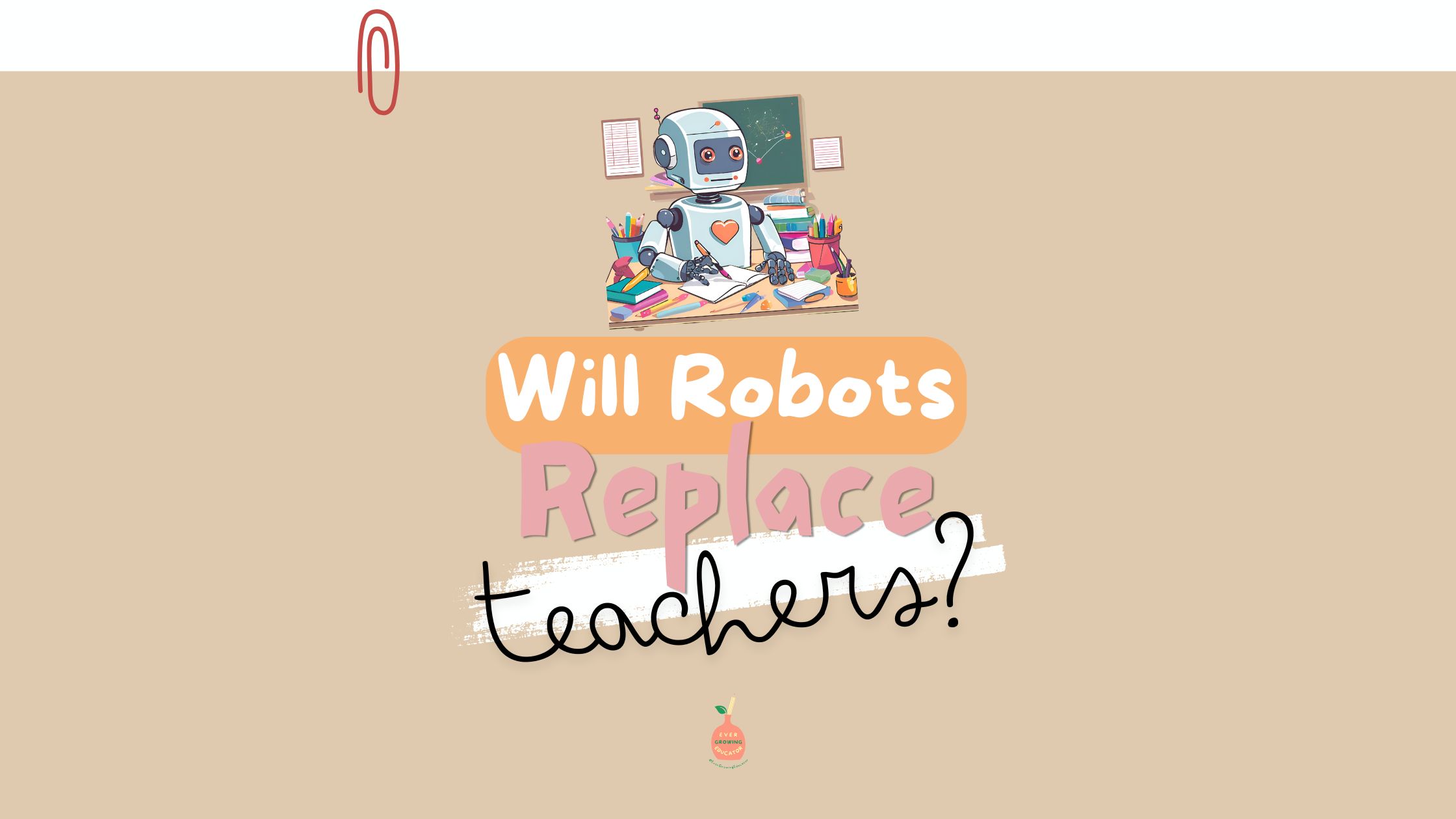Originally written in the COLlive Magazine as part of the MEF Chinuch section.
With technology rising at breakneck speed, it will soon be common for robots to give manicures, build homes, and clean hospital bathrooms. What other jobs will become obsolete? Will robots replace teachers? You may be surprised to hear how many public school teachers have this fear.
In 1994, hoping to excite children about science, and to help with the teacher shortage, Japan started developing a teacher robot. 15 years later, in 2009, Saya was tested in a middle school classroom. With 27 artificial muscles, It was able to express the six basic emotions – happiness, surprise, fear, disgust, sadness and anger. It sat in front of the classroom, on a chair behind a desk, connected to numerous programming wires. It was able to take attendance and give orders like “Be quiet.” While the children had fun pinching the robot’s skin, and they definitely got a few laughs, the robot was far from a teacher.
Because education is not only about giving over information.
Education is about teaching values and morals. Education is about the connection between teachers and students, and making students feel part of a community. Education is about inspiring curiosity and helping each student reach their potential.
As the Rebbe wrote to Shalom Levine, an Israeli educator, “Education has two basic purposes: a) to impart a quantity of knowledge to the student; b) to educate the student toward proper conduct in his future life.” (Source: Chabad.org)
Saya is definitely a cool piece of technology (and Japan is still working on improving it) but it can’t replace the empathy, creativity, and personal touch that human teachers bring to the classroom. Robots can help, but the heart of education is in the human connection. There are some “AI schools” popping up around the country where students learn with personalized AI-powered ipads, and they actually only need to sit in the classroom for half a day to learn. But that’s just one aspect of education.
Only teachers, real people who can be a Dugmah Chaya, can fulfill the second role. To educate students towards proper conduct in their future lives. Of course we can use the power of personalized learning that technology can offer us. Yet, you can’t program empathy, care, Chassidishkeit and Yiras Shamayim.
Saya can’t model that. Teachers can.
L’chaim to our teachers who give up everything for our kids’ Chinuch!

View comments
+ Leave a comment